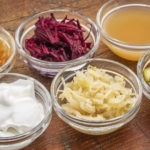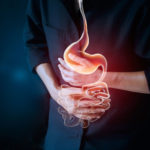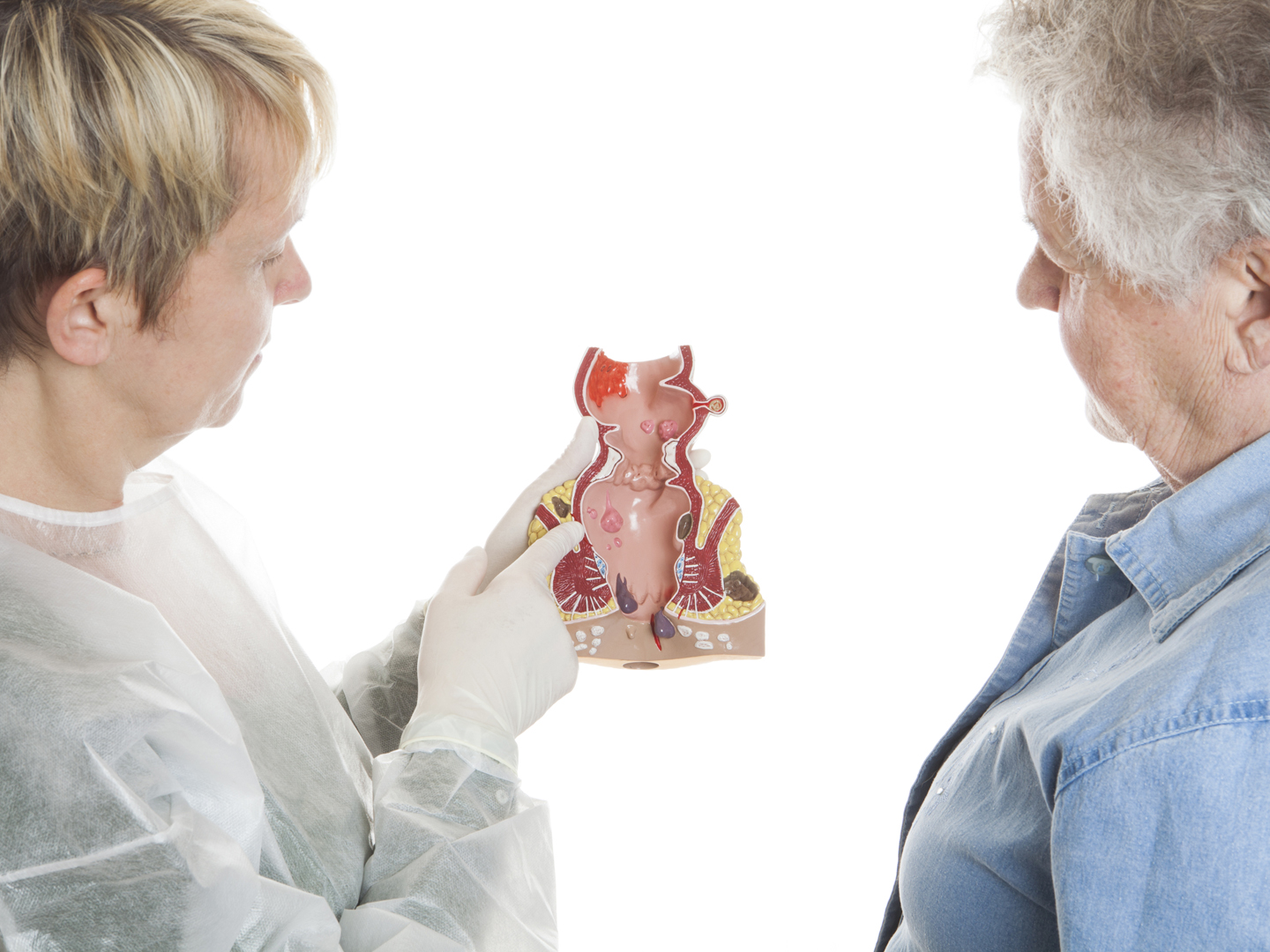Treating Indigestion

What is indigestion?
Nearly everyone has an occasional bout of indigestion. This feeling of discomfort or burning in the upper abdomen is often associated with overeating.
What are the symptoms of indigestion?
Symptoms can vary but may include a gnawing or burning in the stomach, bloating, heartburn, upset stomach (nausea), vomiting, or burping, all of which usually worsen with stress.
What are the causes of indigestion?
You can get indigestion from eating too much, eating too fast, eating high-fat foods, drinking too much alcohol or consuming too many caffeinated beverages. Consuming foods that are incompletely broken down, or to which individuals are intolerant (such as dairy products) can cause stomach upset. Indigestion can also occur in response to stress, smoking or taking stomach irritating medications, especially nonsteroidal anti-inflammatory drugs such as aspirin or ibuprofen. Sometimes the cause is a digestive tract problem such as an ulcer or gastrointestinal reflux disease, and occasionally indigestion can be a sign of a more serious problem. Be sure to see your physician if symptoms are severe or last for more than two weeks.
In some cases, persistent indigestion isn’t related to any of these factors. This “functional” or “nonulcer” indigestion can be a result of the way food moves through the digestive tract and may be stress-related.
What is the conventional treatment?
Indigestion usually goes away without treatment. In general, avoiding foods that trigger your symptoms or unlearning unhealthy habits (such as overeating or eating too fast) are all the treatment needed. The following self-help tips are usually recommended to help relieve and prevent indigestion:
- Don’t chew with your mouth open
- Don’t talk while chewing
- Don’t eat too fast
- Drink fluids after rather than during meals
- Avoid late-night eating
- Try to relax after meals
- Avoid spicy foods if they contribute to your indigestion
- Don’t smoke
- Avoid drinking alcoholic beverages
- Keep a food diary to help identify items that trigger indigestion
What therapies does Dr. Weil recommend for indigestion?
First, consider the cause of your indigestion. Your digestive system mirrors your state of mind, which is why so many digestive disorders are stress-related. Become aware of your emotional outlook as well as your eating habits. Once you figure out exactly what’s triggering your pain, you need to make a lifestyle change that may include relaxation exercises, yoga or meditation. Here are some other remedies you can try:
1. Dietary changes:
- Drink peppermint tea, an excellent stomach soother. (However, it may worsen esophageal reflux by relaxing the sphincter where the esophagus joins the stomach. Chamomile tea is an alternative.
- Drink ginger tea, eat candied ginger or take a 500 mg capsule of ginger root extract.
- If your indigestion occurs after big meals, don’t eat so much.
2. Mind/Body:
- One of the best single anti-anxiety measures, controlling breathing and breath work can offer an immediate stress relief, and reduction of indigestion. Biofeedback and cognitive behavioral therapy can also help to encourage healthy coping skills. Here are three breathing exercises to try.
3. Supplements:
- Probiotics are products containing the helpful bacteria (usually Lactobacillus or Bifidobacterium) that normally inhabit the human digestive tract. Most of these “friendly” bacteria occur naturally in cultured milk products, such as yogurt with active cultures or acidophilus milk. Look for brands containing Bacillus coagulans (BC-30) or Lactobacillus GG in liquid or capsule form. The dose is one tablespoon of the liquid culture or one to two capsules with meals unless the label directs otherwise. Probiotics are also an effective treatment for diarrhea in children, travelers’ diarrhea, lactose intolerance, irritable bowel syndrome and vaginal yeast infections.
- Try plant-derived digestive enzymes that can help digest specific nutrients. Those containing amylase can help with carbohydrate digestion, those with lipase are for fats, protease for protein, lactase for dairy products and cellulose for fiber. Note to vegetarians: some products contain the animal- derived enzyme pancreatin.
- Artichoke-leaf extract may help with indigestion by increasing bile flow needed to digest fats. Choose extracts that are standardized for caffeoylquinic acids. Follow the package directions.













